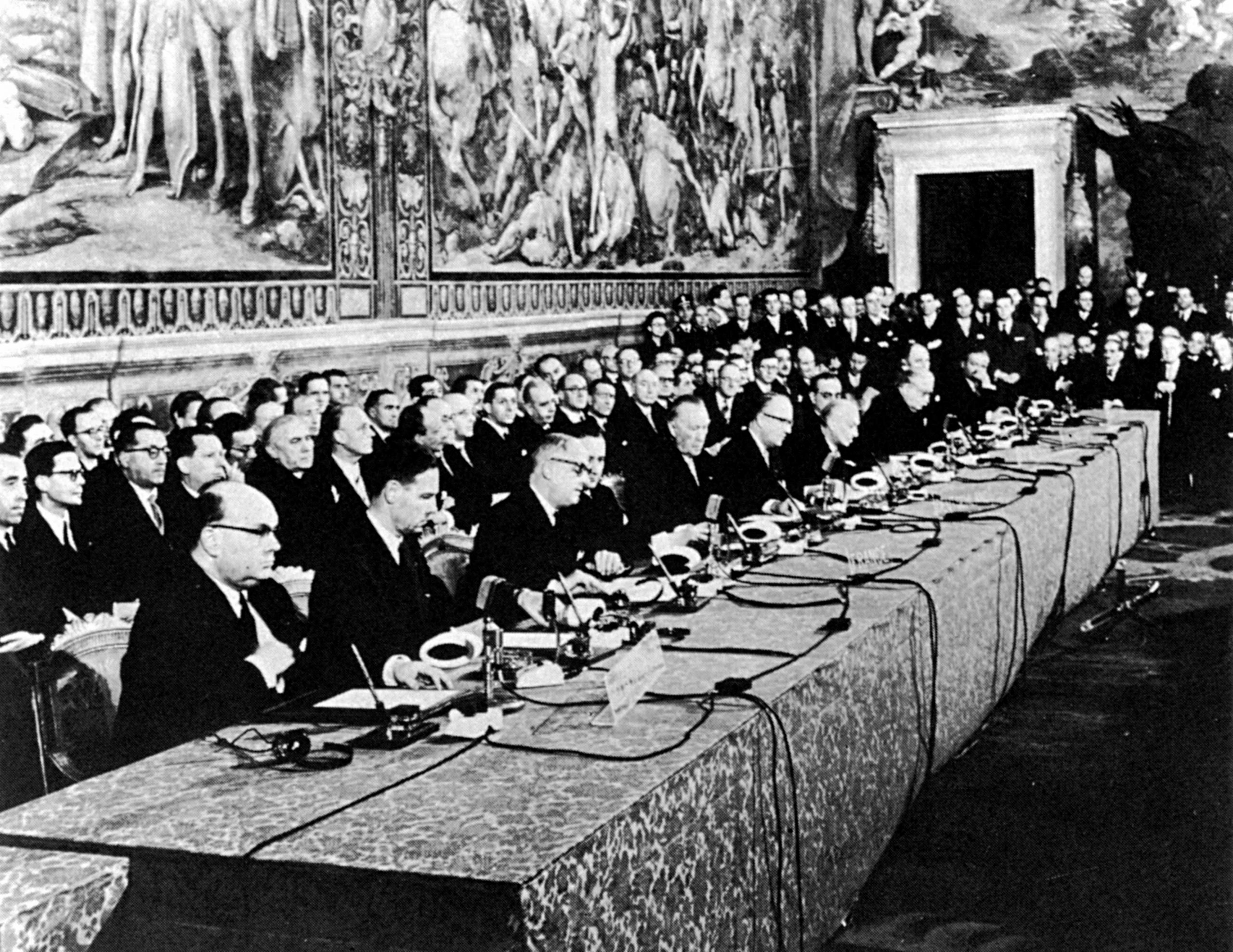The founding narratives of the EU – peace, prosperity, democracy – were enjoyed thanks to the progressive economic integration of their countries, whose numbers increased as dictatorships came to an end on the continent. That the US and NATO security umbrella had cemented peace has always been downplayed by the public rhetoric around the European integration project.
Cushioned by a long period of stability, only partially upset by the wars following the dissolution of former Yugoslavia, Europeans have been shielded by the big debates on foreign policy. International politics, in Europe and elsewhere, has been an elite affair that enjoyed little public scrutiny. This has probably been quite convenient for European national governments, given the divisions among them on foreign policy choices.
That time has come to an end. First gradually, with the end of the ‘permissive consensus’ that allowed Brussels to get on with its business. Now, the Russian invasion of Ukraine in 2022 and the war between Israel and Hamas have been tearing public opinion apart. When Russia invaded Ukraine, European governments came together in an unprecedented show of unity. To help Ukraine defend itself from the invader, the EU has taken unprecedented steps, from providing military assistance to opening its doors to refugees – measures that are costly to European publics.
The display of unity was less evident in TV talk shows which thrived on polarizing debates where narratives about NATO provoking Russia into invading its neighbour thrived. Europeans seemed split by geography and history, debates were peppered by Kremlin disinformation and anti-Americanism. Friends and families across Europe argued over whether the invasion was justified, and potted histories of Eastern Europe made it to prime-time television. Putin’s military attacks on civilian targets did much to bring Europeans closer to each other, validating the West’s analysis that supporting Ukraine is imperative for Europe’s security.
With hindsight, since Hamas’s atrocities in Israel of 7 October and Israel’s retaliating military offensive in Gaza, those discussions seem quite tame. This time, Europe’s cacophony was displayed early on. The EU institutions went in different directions, its members voted in three different ways at the United National General Assembly, and while a shared language with which issue statements was eventually found, the unhappy compromise around the need for ‘humanitarian pauses’ (in the plural) roused public opinion across Europe. Demonstrations have taken place in European capitals in favour of the rights of Palestinians and against anti-Semitism, again polarizing debates that ill reflect the complexity of the situation and the realities of public sentiments.
Europe is home to Jewish, Muslim, Ukrainian, Russian communities. Many are in mixed families, more have mixed histories. These conflicts ravaging the neighbours of the EU are historical European conflicts. The polarization of debates around war and peace can only poison what is already a toxic political environment, which could see, in the run-up to the European Parliament elections next June, the populist exploitation of anti-Islamist, anti-Semitic, anti-American, anti-EU sentiments.
International politics have made a huge incursion into the parochial domestic debates of Europe’s era of peace. There are more repercussions of the absence of a European public space. The return of war to the European continent requires major investments in security and defence. These will need to be carried out in a context of solidarity among its members and with public support. The time for a more informed and inclusive discussion about foreign policy is only too late.



